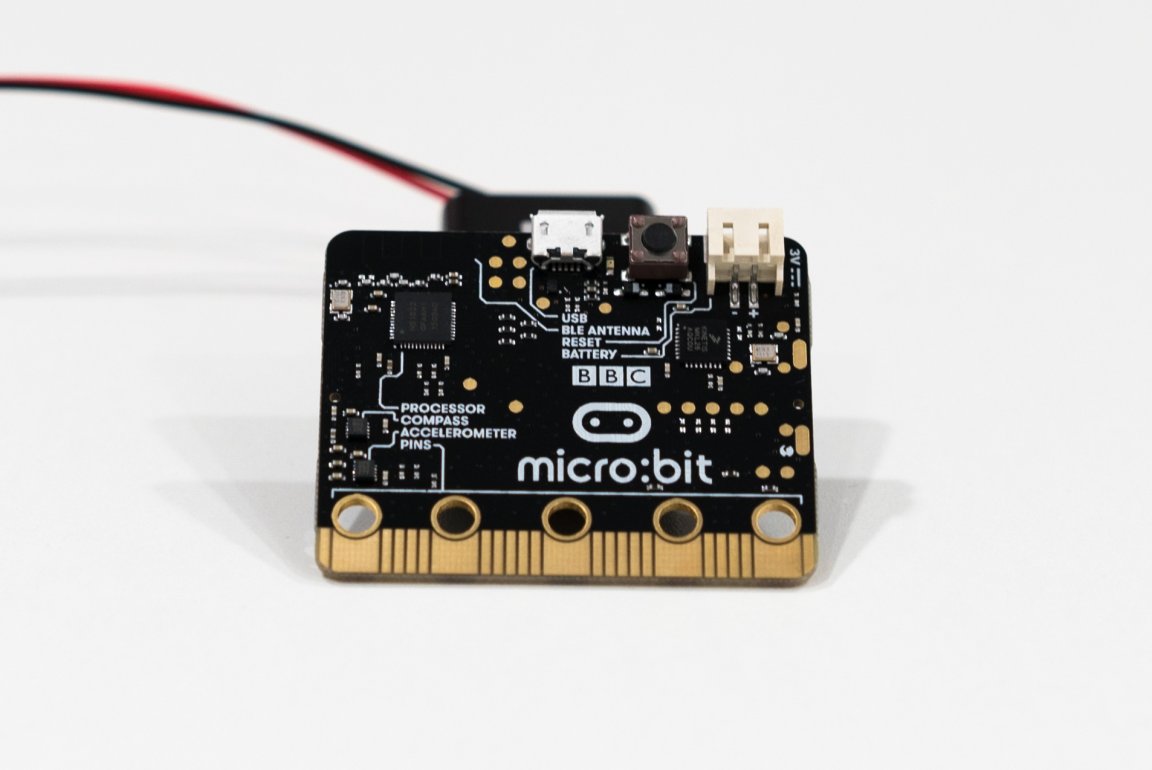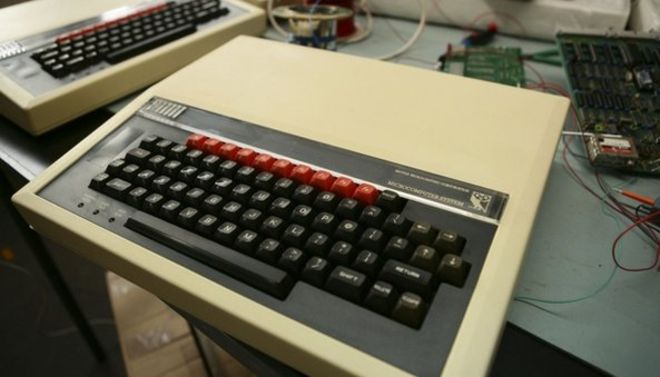
If you are either a student or teacher (or both) living in the UK, look out for a nice surprise coming your way. After months of delay, the BBC announced that it has finally released its Micro:Bit computer – free of charge if you’re involved in the school system. If you have not registered for the Micro:Bit at your school yet, check this site out for the online request form.
Teaching Code In Schools
The idea behind the Micro:Bit is to get young kids interested in coding and tech. With its fairly basic function and accessibility, it’s easy enough to understand and can be used for a range of purposes. Although it can’t compete with the Raspberry Pi Zero on the level of programming, it still gives students the chance to experiment.
If your school has registered and you’re 11-12 years old, you should be able to receive one soon.

Unfortunately, the Micro:Bit isn’t commercially available – yet. The focus is currently aimed towards giving one million students and teachers this opportunity. I wouldn’t expect to see it on the market within the year.
But what allows this programming bit to be delivered to so many people for FREE without any commercial viability?
Micro:Bit Specs
To make this initiative possible, BBC teamed up with a bunch of companies that provided support in some way. For example, Microsoft supplied the programming languages, while NXP donated the accelerometer, USB controller, and magnetometer. A total of over 20 different companies are supporting the initiative.
The entire kit contains a Micro:Bit, USB cable, and a battery holder. Teachers will receive a 32-page Quick Start Guide containing some helpful information.
Check out this short video for a more in-depth glance at the Micro:Bit:

Although it might seem like the UK is taking major steps towards getting kids more interested in coding, new legislation in the U.S. could pave the way for coding to be a required High School class in the future.
Could programming become the new ‘foreign language’ class in schools? We shall see.